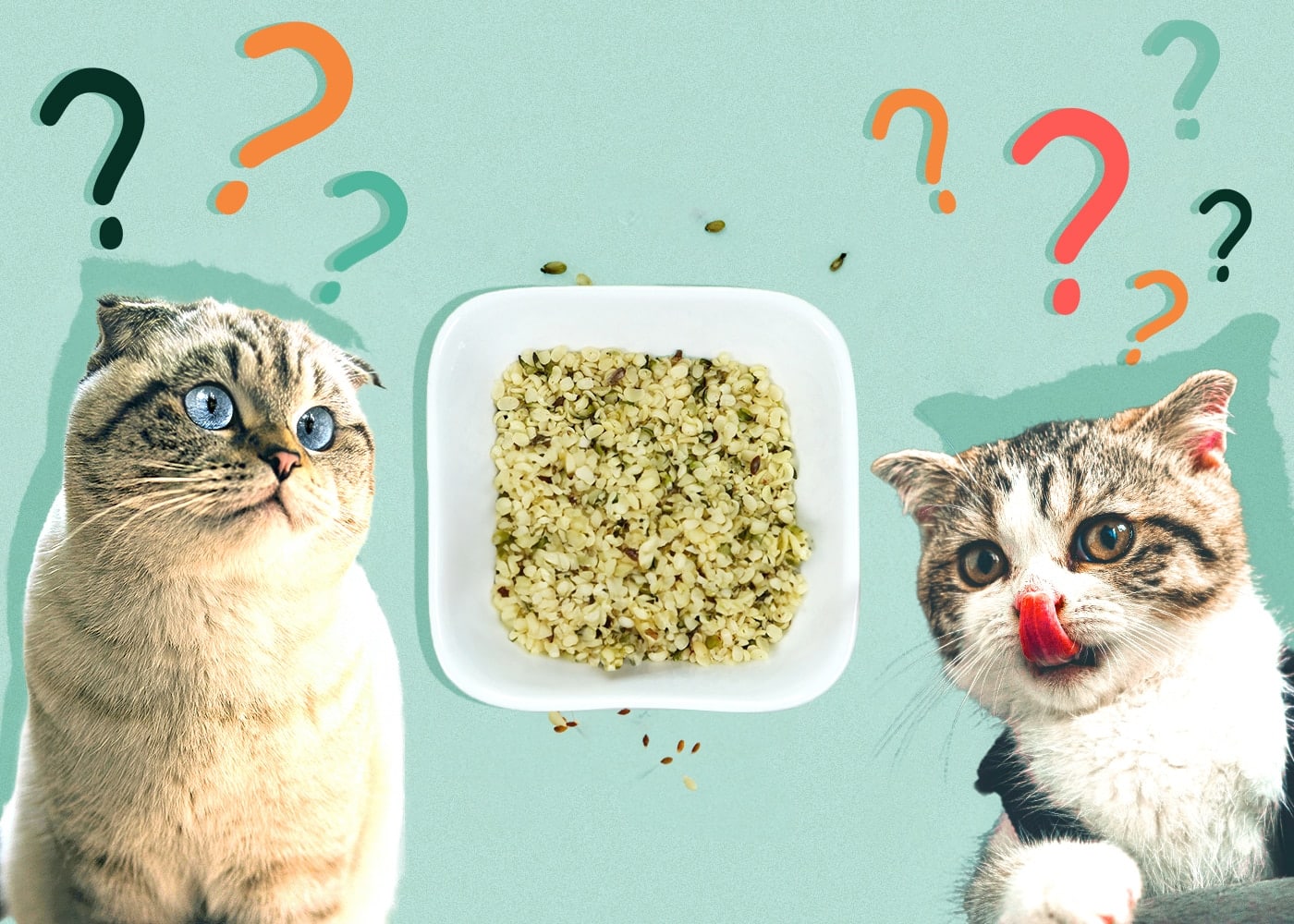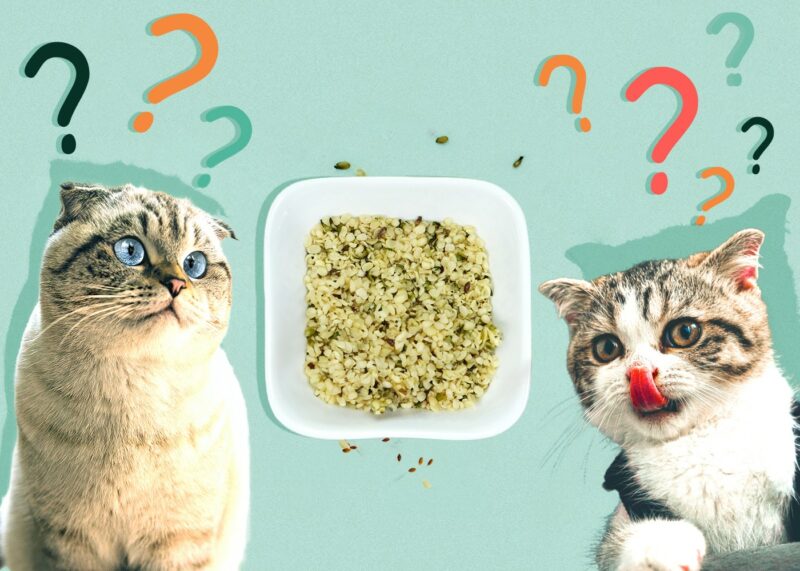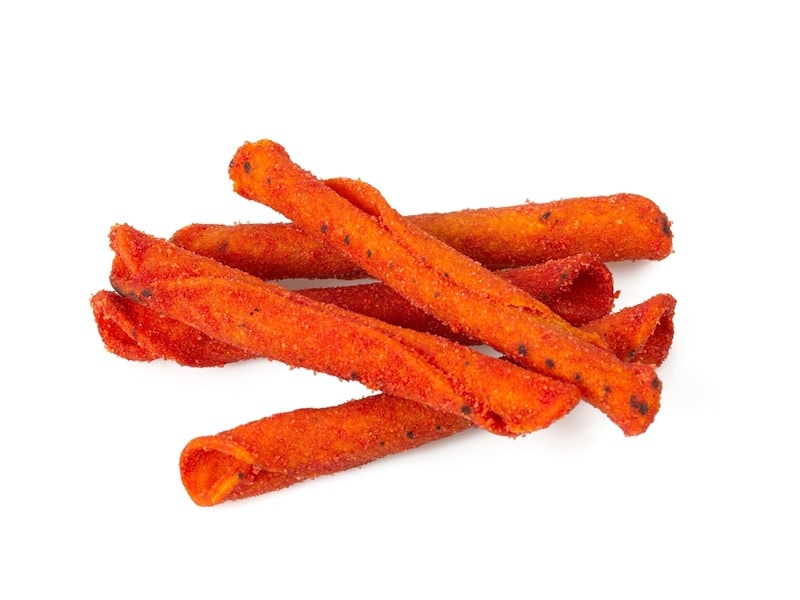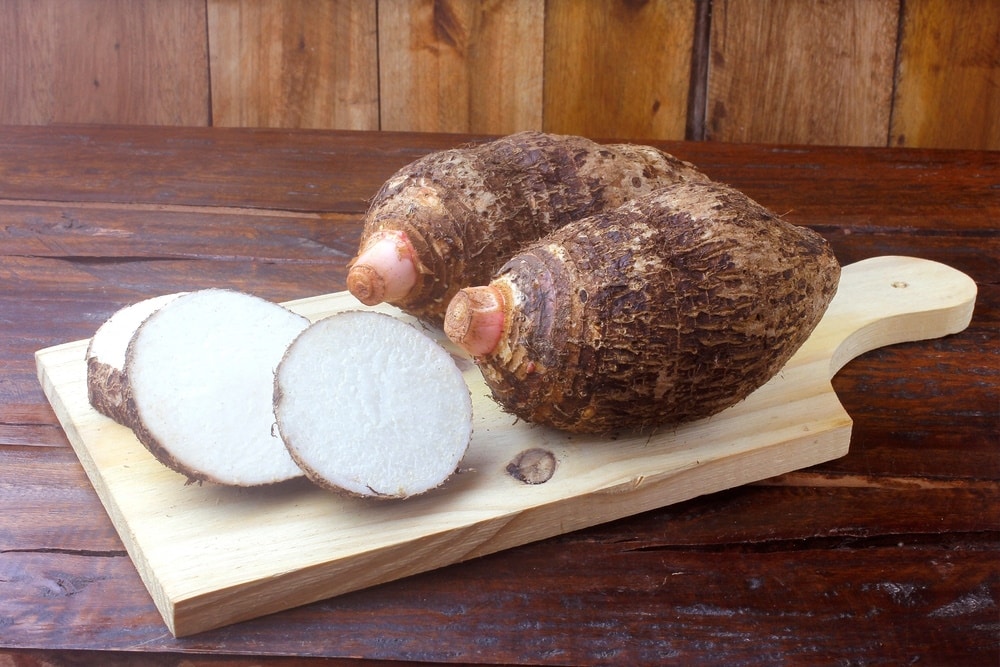Cats like to explore their surroundings, and their adventures often lead them to foods and items they should avoid. With cannabis products becoming more available in the United States, pet parents may be concerned that hemp-related substances are toxic or harmful to their cats.
Hemp seeds and hemp seed oil are safe for your cat to consume, but they should not be fed as treats or meals. Although the seeds come from a plant that only contains a minuscule amount of delta-9-tetrahydrocannabinol (THC), the effects of hemp seeds on pets have not been studied enough for veterinarians to recommend them as safe alternatives to other cat treats.
If your pet consumed hemp seeds accidentally, you probably would not need to visit the vet. However, if the animal eats a large quantity and displays troubling signs, take your pet to the doctor. Cats are unlikely to eat several seeds, but it’s safer to keep hemp products away from them until more research has been conducted. Here, we discuss the nutritional benefits of hemp seeds, how they differ from marijuana seeds, and the healthiest diet for felines.
Nutritional Benefits of Hemp Seeds
Hemp is legal to cultivate in several states, and manufacturers have capitalized on new laws by making hemp products for humans and animals. Hemp seeds come from cannabis plants that do not contain high levels of the psychoactive compound THC. If your cat eats hemp seeds or hemp edibles made with the oil or flour, it will probably not make them feel high or sleepy.
You may have seen hemp seeds in your local grocery store displayed next to the chia seeds, and they’re becoming more popular as an ingredient in human cuisine. Since they’re nutrient-rich, some consider hemp seeds to be superfoods. In a 2-tablespoon portion, hemp seeds contain 6 grams of protein, 0.8 grams of fiber, 5 grams of fat, and 240 milligrams of potassium.
The seeds also contain omega-3 and omega-6 fatty acids and 11 of the 12 essential amino acids that your cat needs. In particular, hemp seeds are rich in linoleic and arachidonic fatty acids, which are essential for cats.
However, a study from 2020 discovered that hemp seeds, like other grains, could disrupt the absorption of minerals like iron because they contain the anti-nutrient phytic acid, which chelates iron.
Although the study examined how hemp affects the human body, the results indicate that hemp seeds may not be as harmless for humans or pets as marketers lead you to believe.
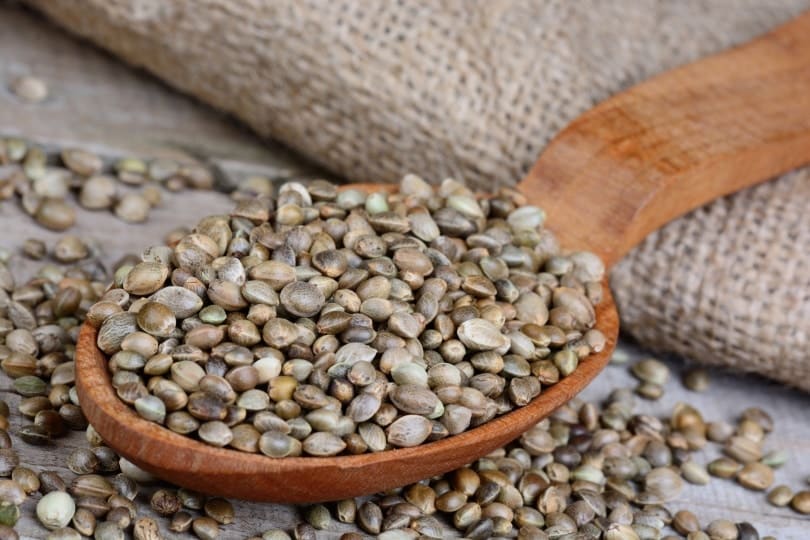
100 grams of Hemp Seeds Contain:
| Carbohydrates | 8.67 grams |
| Protein | 31.6 grams |
| Sugars | 1.5 grams |
| Fiber | 4 grams |
| Calcium | 70 milligrams |
| Magnesium | 70 milligrams |
| Iron | 7.95 milligrams |
| Phosphorus | 1,650 milligrams |
| Potassium | 1,200 milligrams |
| Sodium | 5 milligrams |
| Zinc | 9.9 milligrams |
| Copper | 1.6 milligrams |
| Thiamin | 1.28 milligrams |
| Niacin | 9.2 milligrams |
| Fatty acids, total saturated | 4.6 grams |
| Fatty acids, total monounsaturated | 5.4 grams |
| Fatty acids, total polyunsaturated | 38.1 grams |
| Cholesterol | 0 milligrams |
The nutritional profile of the seeds is impressive, but it’s only intended as a guide for human consumption since most cats will not eat 100 grams of hemp seeds.
Is Marijuana as Safe as Hemp for Cats?
Hemp seeds do not appear to be harmful to cats, dogs, or humans, but as we previously mentioned, further research will help pet owners decide if the seeds should be part of the animal’s diets. However, marijuana is not safe for your pet and should never be offered as an edible or administered by blowing smoke in their face.
Recreational marijuana is legal in several countries, and the popularity of edible pot products concerns veterinarians. Canines have more cannabinoid receptors than cats and are more vulnerable to the effects. Many dogs have suffered intoxication after ingesting marijuana-infused edibles. Cats are less likely to gorge on chocolate or sugary marijuana treats since they do not have sweet taste buds, but they are also susceptible to intoxication.
The first reported case of a cat suffering from THC intoxication occurred in Poland in 2018. A 6-year-old Persian cat was admitted to a veterinary clinic after the owner noticed the cat acting disoriented and aggressive toward other people. The cat was tested and studied for 14 days, but the doctors could not find anything wrong and released him to his owner.
After the owner left the cat with her partner for several days, the signs returned, and the cat was readmitted to the clinic. Further testing indicated that the cat’s blood had a high concentration of THC, and after interviewing the owner’s partner, the doctors learned the cat was exposed to marijuana when the roommate blew smoke in his face as a joke. Cats have much smaller lungs than humans, and they cannot tolerate marijuana. Marijuana seeds also look identical to hemp seeds, and it’s vital to keep pot seeds and other psychoactive drugs away from your pets.
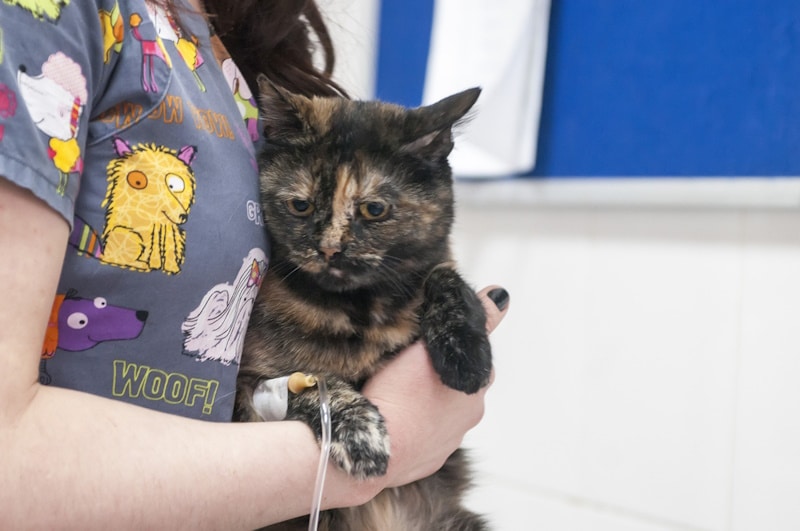
Healthy Diets for Cats
Hemp seeds show promise as a nutritional supplement, but your cat only needs high-quality meals, clean water, and exercise to enjoy a healthy life. Seventeen organizations, including the Association of American Feed Control Officials and the American Veterinary Medical Association, signed a petition letter2 in February 2022 to request that federal and state regulators to support research through universities or private labs before including hemp as a regular ingredient in commercial pet and livestock diets.
Hemp seeds are rich in protein, but your pet needs protein from animal sources. Animal meats and fish are excellent sources of the amino acid taurine. Hemp contains a bit of taurine but not in the same amount as in animal products. Cats cannot produce it in their bodies like non-essential amino acids, so they must eat protein to get taurine. It only takes 5 months for a taurine-deficient feline to develop heart or retinal disease.
Your veterinarian can help you select a brand if your cat is struggling with your selections, but you should look for brands high in protein, low in carbs, and moderately high in fat. In addition to vitamins, minerals, fat, and protein, your cat requires meals that are high in moisture to stay hydrated.
Cats have sensitive urinary systems, and low hydration can make urine too concentrated. Concentrated urine can lead to the formation of crystals and stones, which can obstruct the urine flow to the bladder and cause a chronic illness. Serving wet meals can keep your furball hydrated, but you can also encourage your cat to drink more water by using water fountains. Some cats prefer running water, and a fountain is a wise investment if your cat likes dry food over wet.
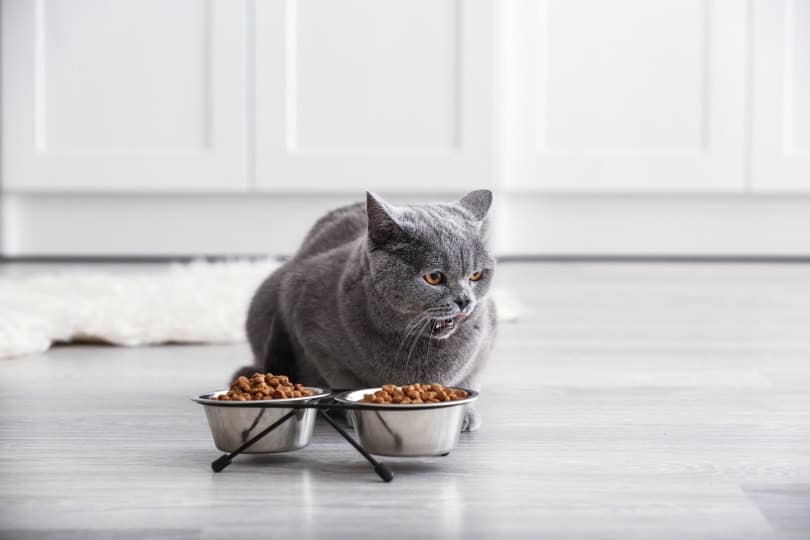
Final Thoughts
Hemp seeds are rich in protein, vitamins, minerals, and fatty acids, but their long-term effects on the feline body have not been established. The oil from hemp seeds is rich in omega-3 fatty acids, but cats cannot effectively convert alpha-linolenic acid into eicosapentaenoic acid and docosahexaenoic acid. That said, hemp seeds are a source of linoleic and arachidonic fatty acids, which are essential for cats. However, your tiny carnivore can efficiently process protein from fish and animals, which is better for them.
Hemp seeds have been approved for human diets, but there is not enough research about their long-term effects as a cat food ingredient.
Related Reads:

